Menu
Hot-Topics
February 19, 2026 | SCOTUS Reaffirms Fourth Amendment Standard for Police Responding to Household Emergencies
Month: January 2016
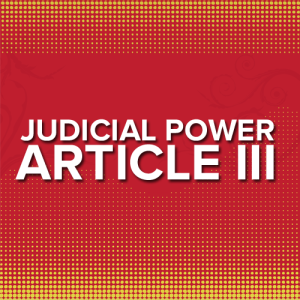
Campbell-Ewald Co. v. Gomez: Class Actions and Article III
In Campbell-Ewald Co. v. Gomez, 577 U. S. ____ (2016), the U.S. Supreme Court considered whether a case becomes moot, and thus beyond the judicial power of Article III, when the plaintiff receives and rejects an offer of complete relief on his claim....
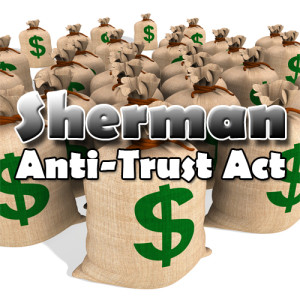
United States v. E.C. Knight: Court Upholds Sherman Anti-Trust Act
In United States v. E.C. Knight, 156 U.S. 1 (1895), the U.S. Supreme Court held that the Sherman Anti-Trust Act was a valid exercise of Congress’ power under the Commerce Clause of the U.S. Constitution. However, it also held that the statute could...

Hurst v. Florida: Only a Jury Can Impose the Death Sentence
On January 12, 2016, the U.S. Supreme Court struck down Florida’s capital-sentencing scheme in Hurst v. Florida, 577 U. S. (2016). By a vote of 8-1, the justices held that allowing the trial judge to have the final say on a death sentence violated ...

Kingsley v. Hendrickson: The Objectively Unreasonable Standard for Excessive Force Claims
In Kingsley v. Hendrickson, 576 US _ (2015), the U.S. Supreme Court addressed the legal standard for finding unconstitutionally excessive force during pre-trial detention. By a vote of 5-4, the justices held that a pretrial detainee pursuing an ex...

Abood v. Detroit Board of Education: Public Unions, “Agency Shop” and the First Amendment
In Abood v. Detroit Board of Education, 431 U.S. 209 (1977), the U.S. Supreme Court held that the First Amendment to the U.S. Constitution does not prohibit governments from requiring non-union public employees to pay their “fair share” of dues f...
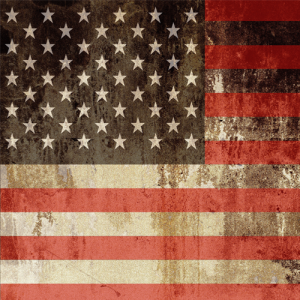
Johnson v. the United States: ACCA Unconstitutionally Vague
In Johnson v. the United States, 576 US _ (2015), the U.S. Supreme Court held that the residual clause of the Armed Career Criminal Act was unconstitutionally vague and violated the due process rights of the petitioner. The statute imposes increased ...

Alabama Dept. of Revenue v. CSX Transportation: Tax Discrimination under the 4-R Act
In Alabama Dept. of Revenue v. CSX Transportation, 135 S.Ct. 1136 (2015), the U.S. Supreme Court addressed what constitutes tax discrimination under the Railroad Revitalization and Regulation Reform Act of 1976, otherwise known as the “4-R Act.” ...
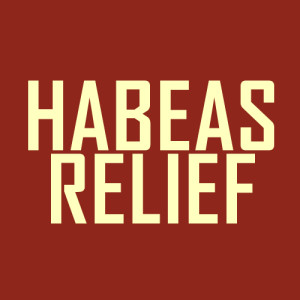
Jennings v. Stephens: Certificate of Appealability Not Required for Habeas Petitioner
In Jennings v. Stephens, 135 S.Ct. 793 (2015), the U.S. Supreme Court addressed how to apply the Court’s decision in United States v. American Railway Express Co., 265 U. S. 42 (1924) to habeas relief. In that case, the Court held that an appellee ...
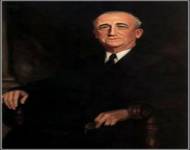
Davis v. Ayala: Excluding Attorneys from Batson Hearing Was Harmless Error
In Davis v. Ayala, 135 S. Ct. 2187 (2015), the U.S. Supreme Court considered whether it was a harmless error to exclude defense counsel from the Batson hearing. A deeply divided court ultimately answered yes, highlighting that habeas petitioners are ...

Warger v. Shauers: Interpreting Federal Rule of Evidence 606(b)
In Warger v. Shauers, 135 S. Ct. 521 (2014), the U.S. Supreme Court addressed Federal Rule of Evidence 606(b), which provides a juror may not testify about any statement made or incident that occurred during the jury’s deliberations during “an in...
Previous Articles
SCOTUS Decision in Bowe v. United States Is First of the 2026 Term
by DONALD SCARINCI on February 5, 2026
In Bowe v. United States, 607 U.S. ___ (2026), the U.S. Supreme Court held that Title 28 U.S.C. § ...
SCOTUS Rules State Can’t Immunize Parties from Federal Civil Liability
by DONALD SCARINCI on January 29, 2026
In John Doe v. Dynamic Physical Therapy, LLC, 607 U.S. ____ (2025) the U.S. Supreme Court held that...
Supreme Court to Address Racial Discrimination in Jury Selection
by DONALD SCARINCI onWhile the U.S. Supreme Court has concluded oral arguments for the year, it continues to add cases t...
The Amendments
-
Amendment1
- Establishment ClauseFree Exercise Clause
- Freedom of Speech
- Freedoms of Press
- Freedom of Assembly, and Petitition
-
Amendment2
- The Right to Bear Arms
-
Amendment4
- Unreasonable Searches and Seizures
-
Amendment5
- Due Process
- Eminent Domain
- Rights of Criminal Defendants
Preamble to the Bill of Rights
Congress of the United States begun and held at the City of New-York, on Wednesday the fourth of March, one thousand seven hundred and eighty nine.
THE Conventions of a number of the States, having at the time of their adopting the Constitution, expressed a desire, in order to prevent misconstruction or abuse of its powers, that further declaratory and restrictive clauses should be added: And as extending the ground of public confidence in the Government, will best ensure the beneficent ends of its institution.
Awards





